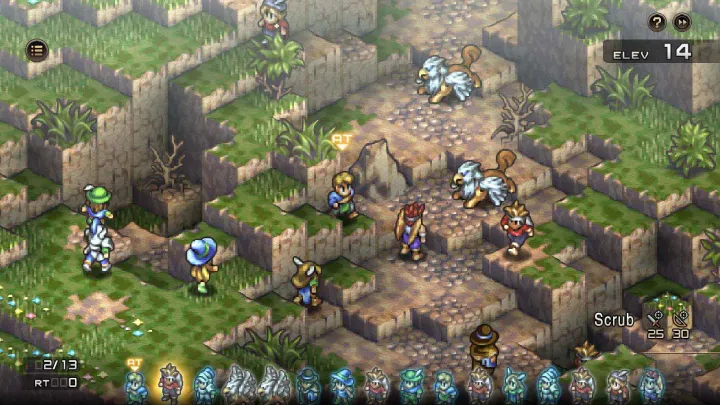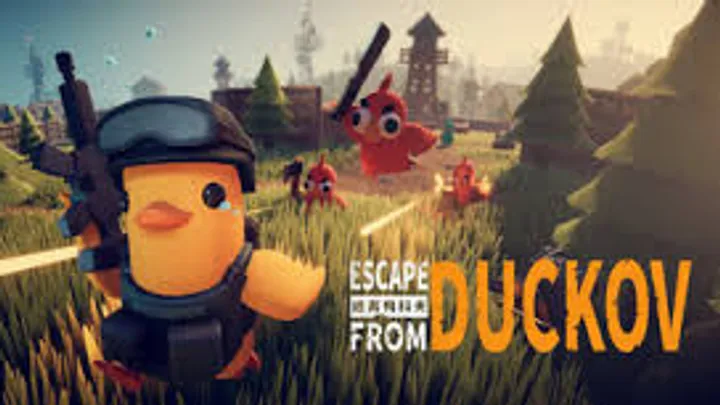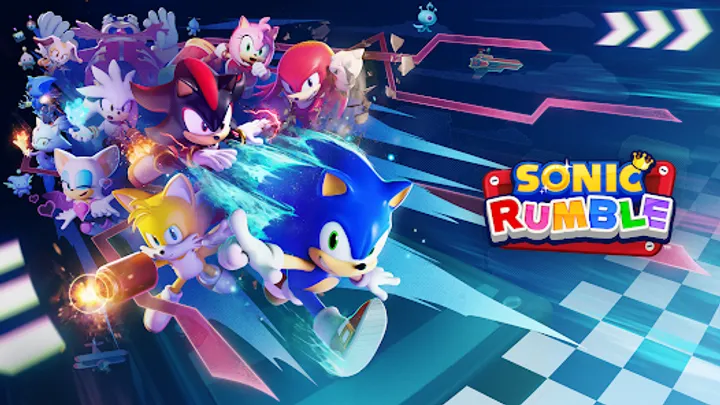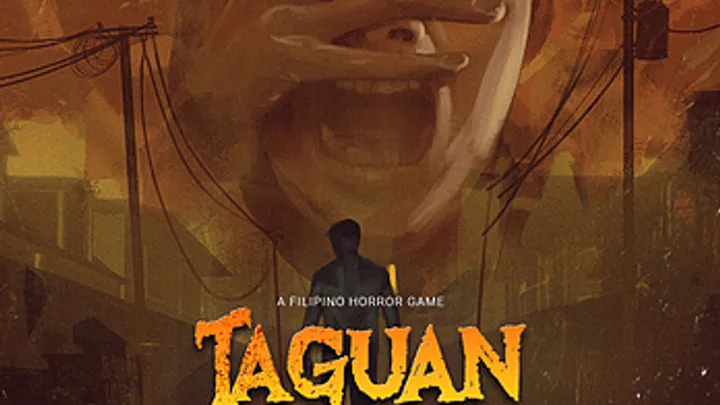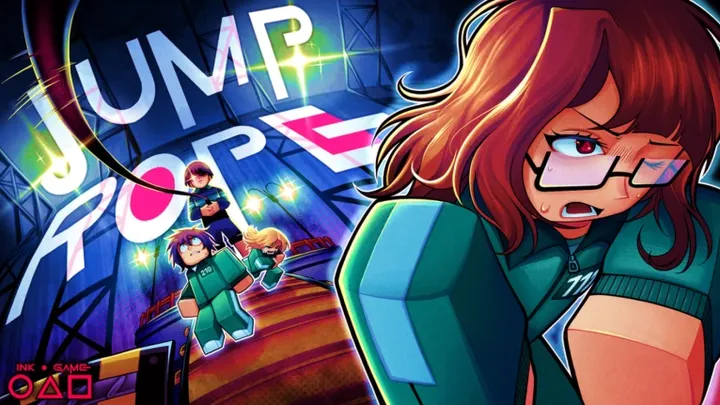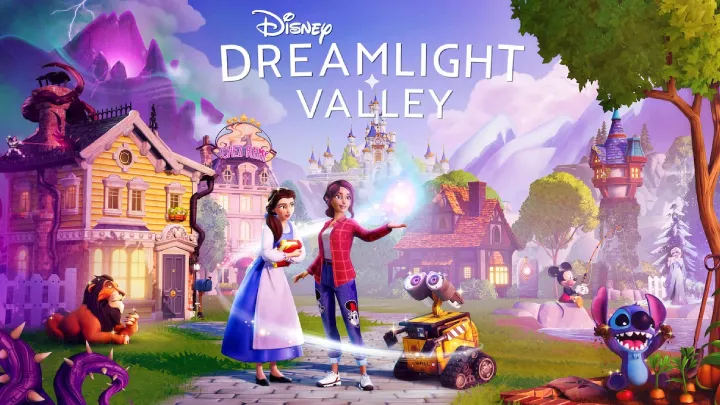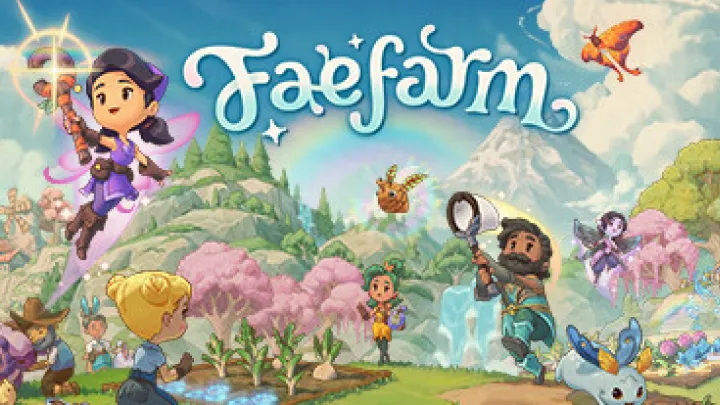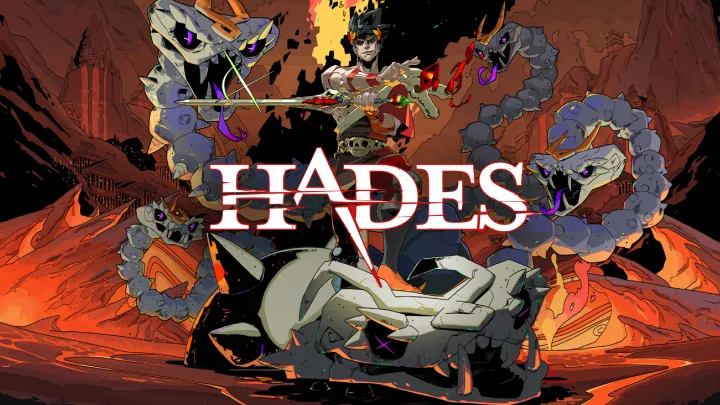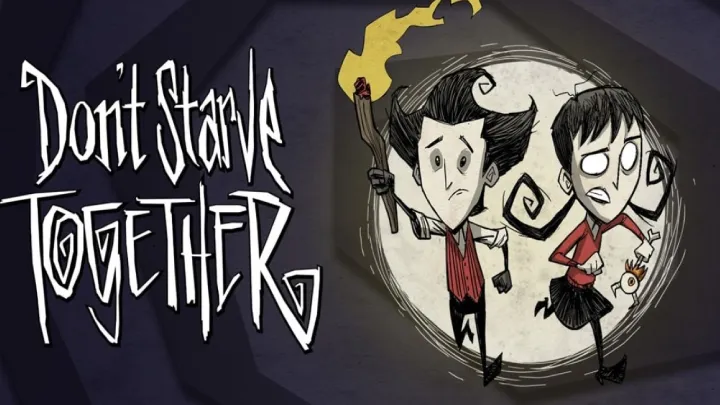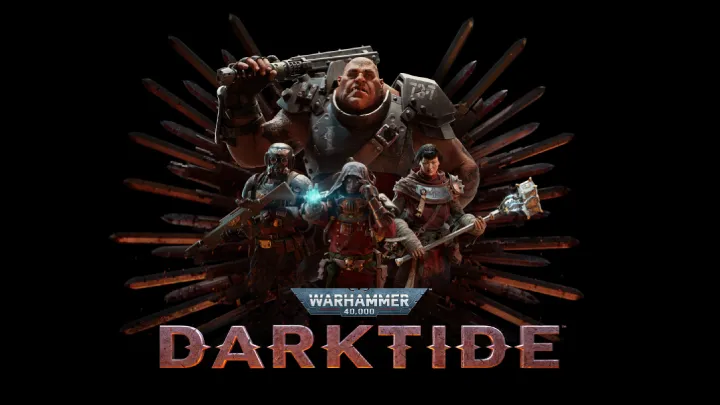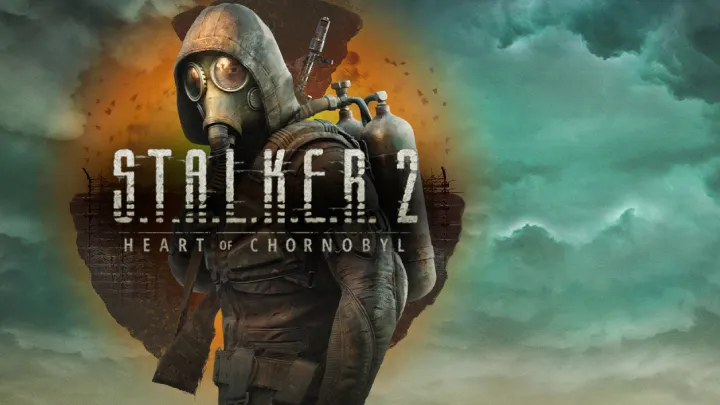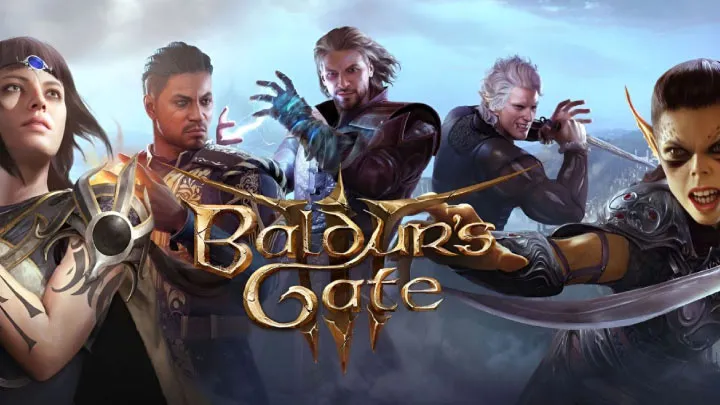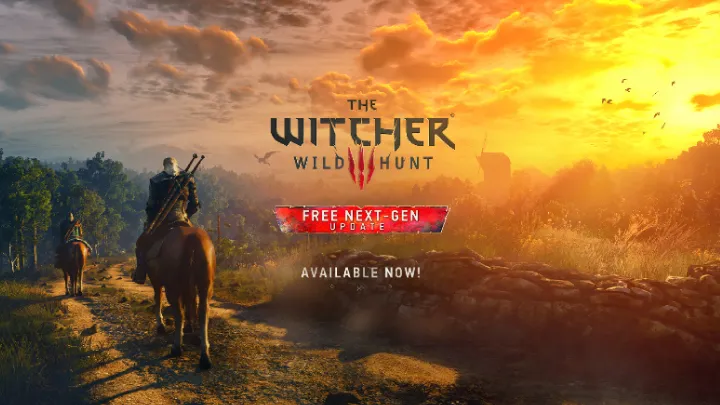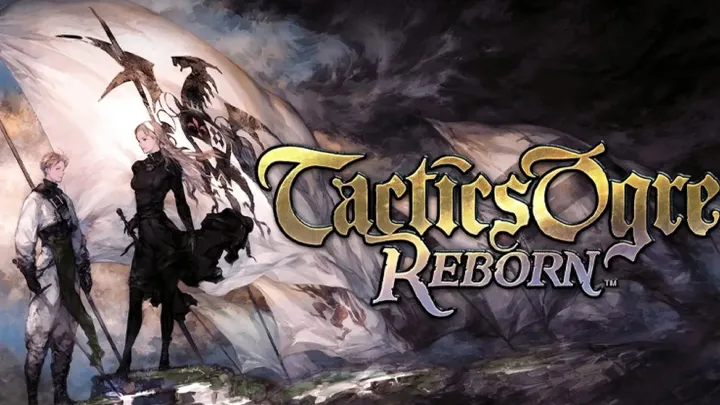
Introduction
Tactics Ogre: Reborn reintroduces players to a classic strategy RPG, renowned for its intricate storyline and deep tactical combat. However, the game goes beyond mere strategic gameplay; it delves into the morally complex arena of decision-making, where players face choices that significantly impact the narrative and character development. At its core, Tactics Ogre: Reborn challenges players to navigate a world torn by conflict, highlighting the ambiguity of morality. This article explores the theme of moral choices in the game, examining how these decisions shape characters, influence the narrative, and reflect on broader societal issues.
The Narrative Landscape: A World in Conflict
Setting the Scene
Tactics Ogre: Reborn unfolds in the war-torn land of Valeria, a setting enriched with political intrigue, warring factions, and deeply rooted social issues. Players enter a world where loyalties are tested, and characters are often caught in the crossfire of larger geopolitical struggles. This rich narrative backdrop not only provides context for the unfolding story but also serves as a canvas for examining moral quandaries.
The conflict between the Galgastani and Bakram people encapsulates fears and prejudices that resonate throughout the narrative. Players can witness how these tensions affect individual characters, prompting them to confront their beliefs and values. The game’s storytelling intricately weaves these societal issues into the personal arcs of characters, setting the stage for the ethical choices that lie ahead.
The Role of the Protagonist: Denam Pavel
At the center of this conflict stands Denam Pavel, the protagonist, whose journey is driven by a quest for justice and understanding. Denam embodies the struggle between righteousness and pragmatism as he navigates his personal relationships and the overarching war. His character serves as a lens through which players can explore their values, dilemmas, and decisions.
Denam’s interactions with other characters reveal the complexities of moral decision-making. As he engages in crucial dialogues and confronts challenging situations, players must navigate the murky waters of right and wrong. This creates a dynamic narrative that compels players to reflect on their choices, questioning their motivations and the implications of their actions.
Moral Dilemmas: Choices with Consequences
The Nature of Choices in Tactics Ogre
One of the hallmarks of Tactics Ogre: Reborn is its emphasis on player choice. Decisions are rarely black and white; instead, they often present players with morally ambiguous scenarios. Each choice has the potential to alter character relationships, impact the world, and influence numerous outcomes, setting the stage for a rich, engaging experience.
Choices in the game manifest in various forms—whether in dialogue options, battle strategies, or alliances formed. For instance, players are prompted to choose between aiding the oppressed or siding with those in power. These decisions are further complicated by the intricate web of relationships that players have developed throughout their journey.
The Weight of Morality
The philosophical underpinnings of moral decision-making in Tactics Ogre prompt players to consider not only their immediate objectives but also the broader context. Characters often challenge Denam’s choices, questioning his motivations and moral standing. This dialogue invites players to contemplate the ethics behind their choices, amplifying the narrative’s emotional weight.
Akari and her brother, for example, provide emotional resonance as they navigate their loyalty to Denam while grappling with their beliefs. Their perspectives serve as reminders that moral complexities affect real lives and can lead to unforeseen consequences. As players witness the fallout from their decisions, they are compelled to confront the ethical implications of their actions.
Character Dynamics: Allies and Enemies
Evolving Relationships
The game’s nuanced character interactions elevate the stakes of moral choices. Characters are not merely allies or enemies; they embody a multitude of perspectives shaped by personal histories, loyalties, and beliefs. As players engage with these characters, they come to recognize the emotional investment tied to their decisions.
Take the character of Catiua, Denam's sister. Her narrative arc is deeply intertwined with the themes of loyalty and conviction. Denam’s choices directly impact her fate, forcing players to consider how their actions influence not just the immediate battlefield but also the personal struggles of those around them.
Betrayal and Redemption
As the narrative unfolds, the potential for betrayal becomes apparent. Characters such as Vishnam and Gustavovic oscillate between friend and foe, adding layers to the moral complexity. Players must confront the reality that not all choices lead to clear-cut outcomes; alliances can shift, and characters may ultimately betray their convictions in pursuit of personal goals.
This theme of betrayal is paralleled by the need for redemption. Denam often grapples with the consequences of his decisions, as characters seek forgiveness and a path to atonement. This interplay between betrayal and redemption highlights the emotional toll of moral decisions, encouraging players to engage deeply with the narrative.
The Influence of Class and Society
Social Stratification
Tactics Ogre: Reborn intricately examines the implications of social class and power dynamics within its narrative. The distinctions between the Bakram and Galgastani factions reflect the broader societal themes of oppression and privilege. This backdrop emphasizes the importance of recognizing societal structures when making moral choices.
Denam’s rise from a commoner to a significant figure complicates his moral standing. Players are challenged to navigate the privileges that accompany power, examining whether they align with societal justice or contribute to further oppression. The narrative encourages reflection on the interconnectedness of individual choices and systemic issues, pressing players to reconsider their role within the game’s society.
The Fight for Equality
As players engage with various factions, the struggle for equality becomes a poignant theme. Characters such as Morsicato and his revolutionary ideals contrast sharply with the traditional structures upheld by others. This tension prompts players to assess their values and consider the ramifications of supporting one movement over another.
By addressing class disparity, Tactics Ogre: Reborn emphasizes the importance of empathy and understanding. As players make decisions that affect the fates of entire communities, they come to realize the consequences of their actions stretch far beyond individual relationships. This exploration of social justice themes humanizes the struggles within the game, inviting players to engage with the narrative on a deeper level.
The Battlefield: Tactical Decisions and Morality
Combat as a Reflection of Ethical Choices
The tactical gameplay of Tactics Ogre: Reborn is more than just a means to progress; it reflects the moral choices players make throughout the narrative. Each battle serves as a stage for players to test their strategies while engaging with ethical dilemmas. The positioning of units, resource management, and alignment with ally or enemy characters all contribute to the overarching theme of morality.
Additionally, players are often faced with decisions regarding the treatment of defeated foes. Should they show mercy or pursue their vengeance? This choice can affect both character relationships and future encounters, compounding the player’s moral burden. Tactics Ogre encourages reflection on the consequences of actions taken during combat, urging players to consider the larger implications of war.
The Nature of Victory
Victory in Tactics Ogre is often bittersweet. Winning a battle may come at the cost of alienating allies or causing personal strife. The ramifications of tactical decisions can reverberate throughout the narrative, creating a chain reaction that may lead to unexpected allies or bitter enemies.
This approach to victory underscores the idea that success in the game does not always equate to moral righteousness. Players are left grappling with the reality that their choices fundamentally alter the landscape—both in battle and in the broader narrative. The game challenges players to rethink traditional notions of heroism and victory, suggesting that the cost of success can often be too high.
The Role of Fate and Destiny
The Influence of Destiny on Choices
Fate plays a significant role in Tactics Ogre: Reborn, particularly regarding character development and moral dilemmas. The concept of destiny intertwines with free will, inviting players to contemplate how their choices interact with predetermined paths. Denam’s journey is often framed by the idea that he is navigating a fate that may not be entirely his own.
Characters frequently reference fate and destiny as they engage in critical conversations with Denam. This introduces the notion that while players can make choices, those choices exist within the context of greater forces at play. The tension between free will and destiny challenges players to consider the nature of their decisions in light of larger life circumstances.
Destiny and Redemption
The crux of Denam's narrative arc revolves around finding redemption, despite the weight of fate lurking in the background. His struggle to carve a path for himself, amidst the expectations of destiny, speaks to the universal desire for agency. The player is given the opportunity to actively shape Denam's journey, even as he wrestles with his role within a broader narrative framework.
This influence of destiny enhances the emotional stakes of decision-making, ultimately reinforcing the complexity of moral choices. Players are reminded that while they can shape Denam’s path, external forces may still dictate certain outcomes, highlighting the profound feeling of being caught between choice and fate.
The Resolution: Impact of Moral Choices
Multiple Endings and Player Agency
As players approach the conclusion of Tactics Ogre: Reborn, the series of choices they have made culminate in multiple potential endings. This design choice reinforces the significance of player agency and the weight of their decisions throughout the game. Each ending is a reflection of the moral landscape that players have navigated.
The differences between endings illustrate the diversification of player experiences. For some, paths may lead to justice and reunion, while others may culminate in despair and loss. This variability speaks to the broader theme that every choice, big or small, has consequences that shape the world and its characters.
The Aftermath of Choices
The final moments of Tactics Ogre: Reborn compel players to reflect on their journey and the impact of their choices. The characters they have befriended or betrayed reflect the complexity of human relationships, underscoring the profound nature of their engagement. This sense of closure invites players to think critically about not just the outcomes, but the emotional journey that led them there.
In this final analysis, the game does not provide easy resolutions or universal truths. Instead, it emphasizes the moral ambiguities that define the human experience. The rich tapestry of choices and consequences showcases that while moral certainty may be elusive, the pursuit of understanding is a noble endeavor.
Conclusion
Tactics Ogre: Reborn stands as a testament to the complexity of moral choices within the realm of video games. Its richly woven narrative, intricate character dynamics, and philosophical queries compel players to navigate a world laden with ethical dilemmas. By integrating themes of loyalty, betrayal, societal structure, and destiny, the game not only invites players to reflect on their choices but also challenges them to consider the broader implications of morality.
As players engage with Denam Pavel’s journey, they are inspired to confront their views on justice, agency, and the nature of human relationships. Tactics Ogre: Reborn ultimately reinforces the notion that moral choices are an integral part of the human experience—challenging, profound, and endlessly fascinating.